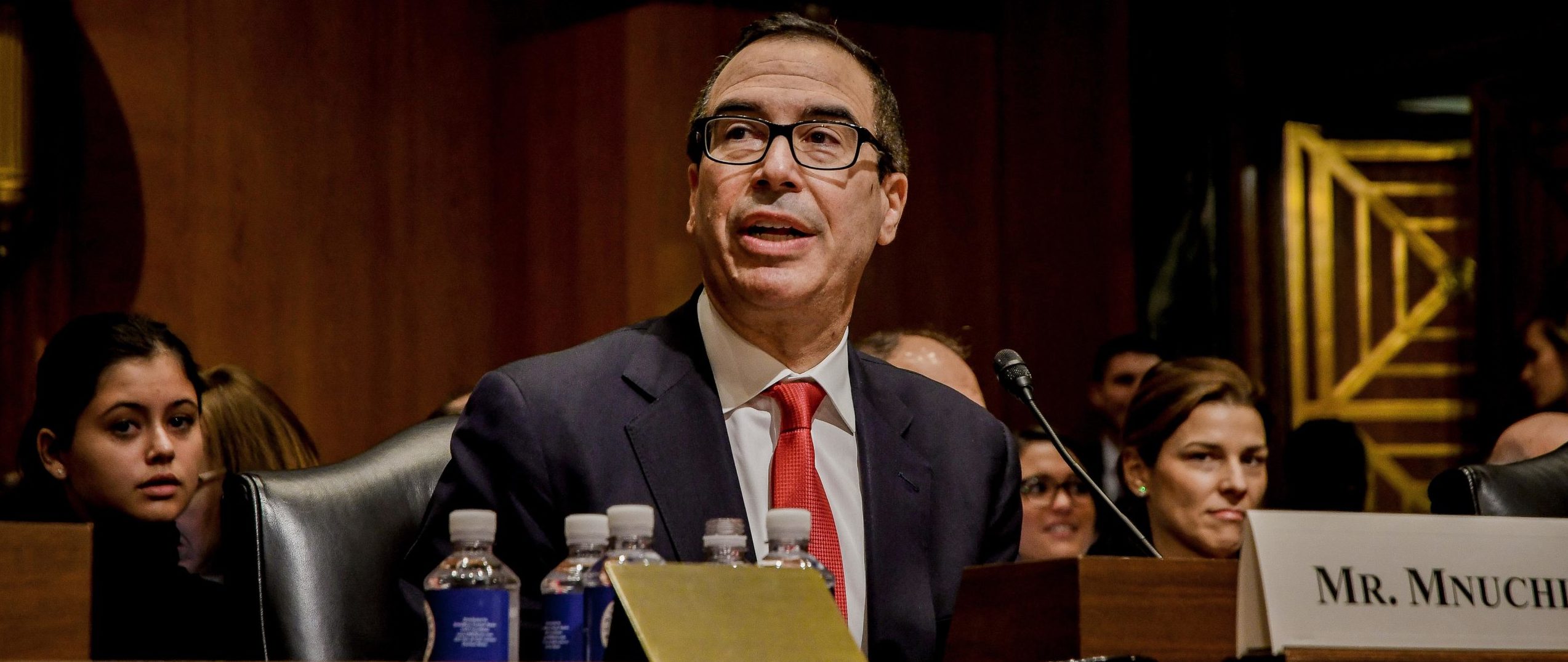
Federal officials on Friday agreed to ease restrictions that blocked some people with criminal records from receiving small-business loans needed in the wake of the COVID-19 pandemic.
The U.S. Small Business Administration will no longer disqualify applicants who have been convicted of a crime over the last five years, instead adjusting the restrictions to loan-seekers who are less than a year removed from their conviction. Loan applicants who have been convicted of financial crimes, such as bribery and embezzlement, in the last five years would still be prohibited from securing emergency assistance for their business through the Paycheck Protection Program.
The rule changes go further than was indicated by U.S. Treasury Secretary Steven Mnuchin last week, when he suggested that the criminal records restrictions be shortened from five years to three years. The administration was alerted to the issue back in April by a number of criminal justice organizations, including The Council of State Governments (CSG) Justice Center, and members of Congress recently drafted legislation to correct the issue.
“The easing of these restrictions ensures that business owners who are making the most of their second chances can get the help they need,” said Megan Quattlebaum, director of the CSG Justice Center. “And the decision also serves as a national acknowledgement of the many other counterproductive barriers that block avenues of economic mobility for people who have prior convictions. There’s more work to be done to address other ineffective, unnecessary regulations that exist in states across the country.”
There are more than 40,000 collateral consequences of conviction across state and federal statutes, and nearly 14,000 of them limit access to occupational licensing. Those barriers range from specifically prohibiting a person with a misdemeanor conviction from working in a nursing home to broader bans, such as denying public employment to anyone with a felony or misdemeanor.
To learn more about what statutes and regulations exist in your state, visit our collateral consequences database.










